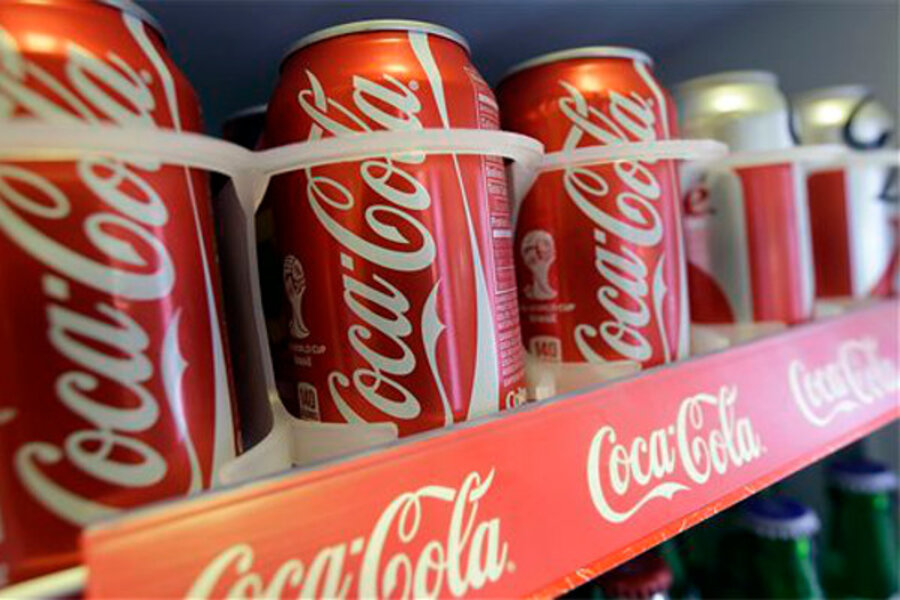Soda tax advances to November ballot in San Francisco
Loading...
| SAN FRANCISCO
San Francisco lawmakers narrowly agreed Tuesday to place a 2-cent-per-ounce tax on sugary drinks on the November ballot, a move that promises to turn the election into an expensive fight between the beverage industry and public health advocates.
The city's Board of Supervisors voted 6-4 to ask voters to approve the tax on sodas, sports drinks, and other beverages sweetened with sugar and sold in the city. It would have to be approved by two-thirds of the electorate to take effect.
City officials have estimated the measure would raise somewhere between $31 million and $52 million a year. The proceeds would go toward nutrition, health, disease prevention, recreation, and school physical education programs.
Supporters said they were motivated by research that has shown a link between sugar consumption and increasing rates of obesity and diabetes among young people.
"This is a life-or-death issue," said Supervisor Malia Cohen, a sponsor of the tax. "Bullets are not the only thing killing African American males. We also have sugary beverages that are killing people."
The tax would be imposed on beverage distributors, but its opponents on the board said they were concerned that it would be passed on to consumers and further penalize the population it is intended to help. They also questioned how effective the initiative would be in getting residents to give up sodas.
"What is going to stop someone from going ... to Costco and stocking up on sugary beverages in an area that is not San Francisco," Supervisor Katy Tang asked.
Its backers agreed that it would be better if the tax were not limited to San Francisco but noted that the city has a history of taking stands that are initially controversial then win broader support, such as endorsing same-sex marriage.
"At the end of the day, I think we have to set an example," Supervisor David Chiu said. "We have a responsibility to fight the fight and see where this goes."
Lawmakers in Berkeley voted earlier this month to put a measure on the local ballot that would impose a penny-per-ounce tax on beverages sweetened with sugar.
If the measures pass, the two liberal cities would be the nation's first to adopt soda taxes in the name of public health.
Voters in the San Francisco Bay Area city of Richmond and the Southern California city of El Monte defeated similar proposals in 2012.
The American Beverage Association already has been organizing opposition to the San Francisco tax by arguing that it would make the high-priced city an even more expensive place to live and place an unfair burden on local entrepreneurs, including many who are Hispanic and Asian.
"If you really think that this tax will not ultimately take a toll on small businesses then you also believe in Santa Claus," said Paula Tejeda, the owner of a Latin American deli and coffee shop called Chile Lindo.
Copyright 2014 The Associated Press. All rights reserved. This material may not be published, broadcast, rewritten or redistributed.







